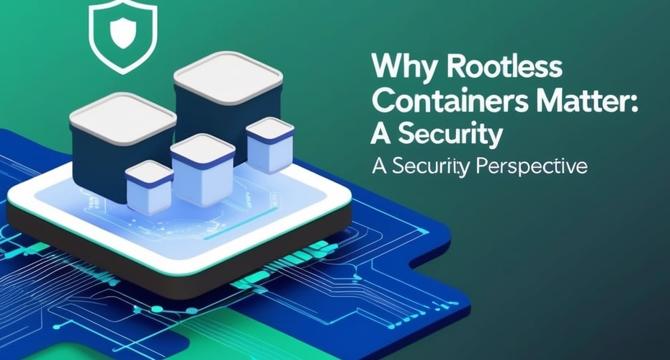Dev
2w
255

Image Credit: Dev
Why Rootless Containers Matter: A Security Perspective
- Rootless containers are a form of containerization where the container runtime and processes inside the container do not require root (administrator) privileges on the host system.
- Traditional root-based containers introduce several potential vulnerabilities:
- Rootless containers address these issues in the following ways:
- While rootless containers significantly enhance security, they are not without challenges:
- Below is a Dockerfile designed to adhere to best practices for rootless containers.
- As container adoption continues to grow, so does the importance of addressing security risks.
- Rootless containers provide a robust solution for mitigating many of the vulnerabilities associated with traditional root-based containers.
- By running without elevated privileges and offering enhanced isolation, they empower organizations to build more secure containerized environments.
- However, adopting rootless containers requires careful consideration of their limitations and potential impacts on workflows.
- By balancing security with usability, organizations can leverage rootless containers to create safer, more resilient infrastructures for their applications.
Read Full Article
15 Likes
For uninterrupted reading, download the app